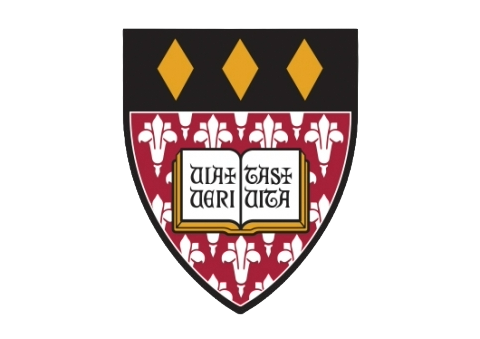Is Medical Transcriptionist a Good Job? Pros and Cons

Medical transcriptionists play a crucial role in the healthcare industry by converting audio recordings of patient interactions into written reports. This profession requires a keen attention to detail and excellent listening and typing skills. If you're considering a career as a medical transcriptionist, it's important to weigh the pros and cons before making a decision. In this blog post, we'll explore the various aspects of being a medical transcriptionist, including the pros and cons, essential skills and qualifications, career outlook, and factors to consider.
Career Outlook for Medical Transcriptionist
The career outlook for medical transcriptionists is expected to remain steady in the coming years. While advancements in speech recognition technology have automated some aspects of transcription, there is still a need for human transcriptionists to ensure accuracy and quality. The demand for medical transcriptionists will continue to be driven by the growing healthcare industry and the need for accurate patient documentation.
According to the Bureau of Labor Statistics, the employment of medical transcriptionists is projected to decline by 2 percent from 2019 to 2029. However, this decline is primarily due to technological advancements and the automation of certain transcription tasks. Despite this decline, there will still be job opportunities for qualified medical transcriptionists, especially those with experience and additional skills.
Factors to consider before deciding on a career as a Medical Transcriptionist
Before deciding on a career as a medical transcriptionist, it's important to consider the following factors:
-
Job Market: Research the job market in your area to determine the demand for medical transcriptionists. Consider factors such as job opportunities, salary potential, and competition.
-
Training and Education: Look for reputable training programs or vocational schools that offer medical transcription courses. These programs provide the necessary knowledge and skills to succeed in this profession. Dreambound is a platform that can help you find training programs in medical transcription.
-
Work Environment: Consider whether you prefer working in a traditional office setting or remotely. Medical transcriptionists have the option to work from home, which offers flexibility but also requires self-discipline and motivation.
-
Career Advancement: Explore the various career paths and advancement opportunities within the medical transcription field. Consider whether you want to specialize in a specific area or pursue further education to advance your career.
-
Personal Fit: Assess whether the skills and qualities required for a medical transcriptionist align with your strengths and interests. Reflect on whether you enjoy working independently, have strong attention to detail, and are comfortable working with technology.
Final Thoughts
Being a medical transcriptionist can be a rewarding career for individuals who have a passion for healthcare, excellent listening and typing skills, and attention to detail. While there are pros and cons to consider, the demand for medical transcriptionists and the flexibility of the profession make it an attractive option for many. If you're considering a career as a medical transcriptionist, take the time to research and explore training programs and job opportunities. Platforms like Dreambound can assist you in finding the perfect training program to start your journey as a medical transcriptionist.
With Dreambound, find comprehensive guides that make starting in this field easier, each suited to a specific state. If you're doing research for this vocation, our other guides may be able to help.
Thinking about making a career switch? Dreambound has written thorough guides to help you understand different options available to you.

Fel is a student support representative who guides enrollees to the right program and answers their queries. She's committed to helping students and takes pride in her work. In her free time, she enjoys sightseeing and hanging out with loved ones.





